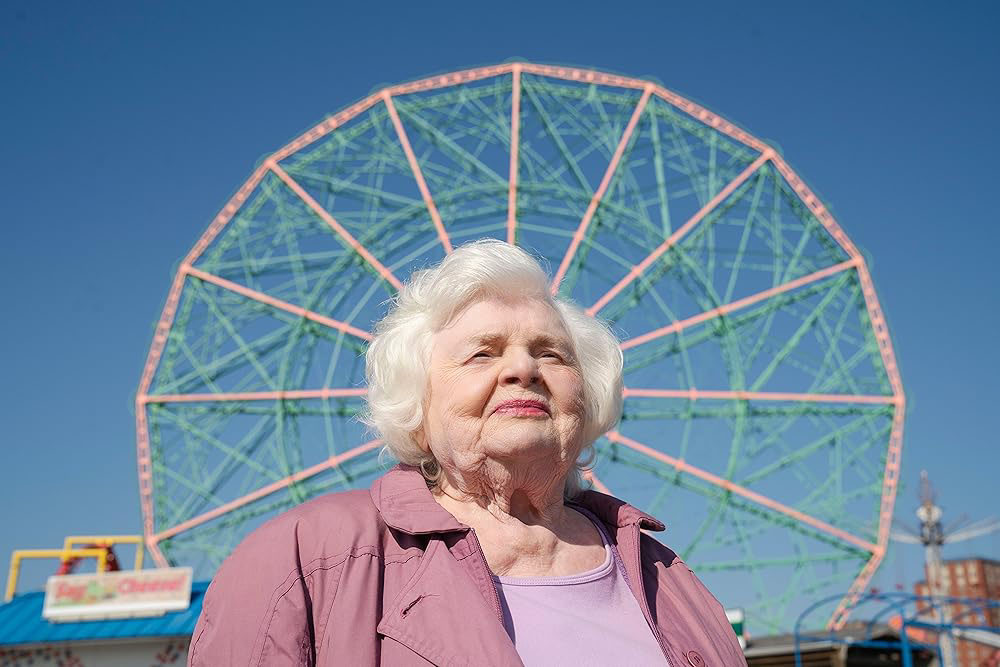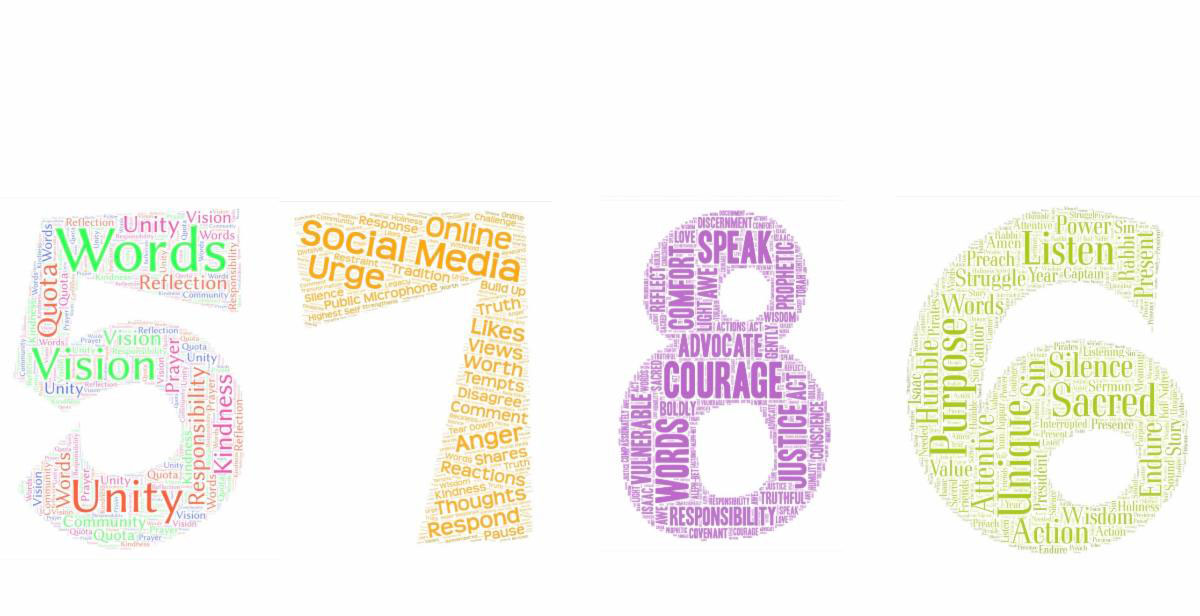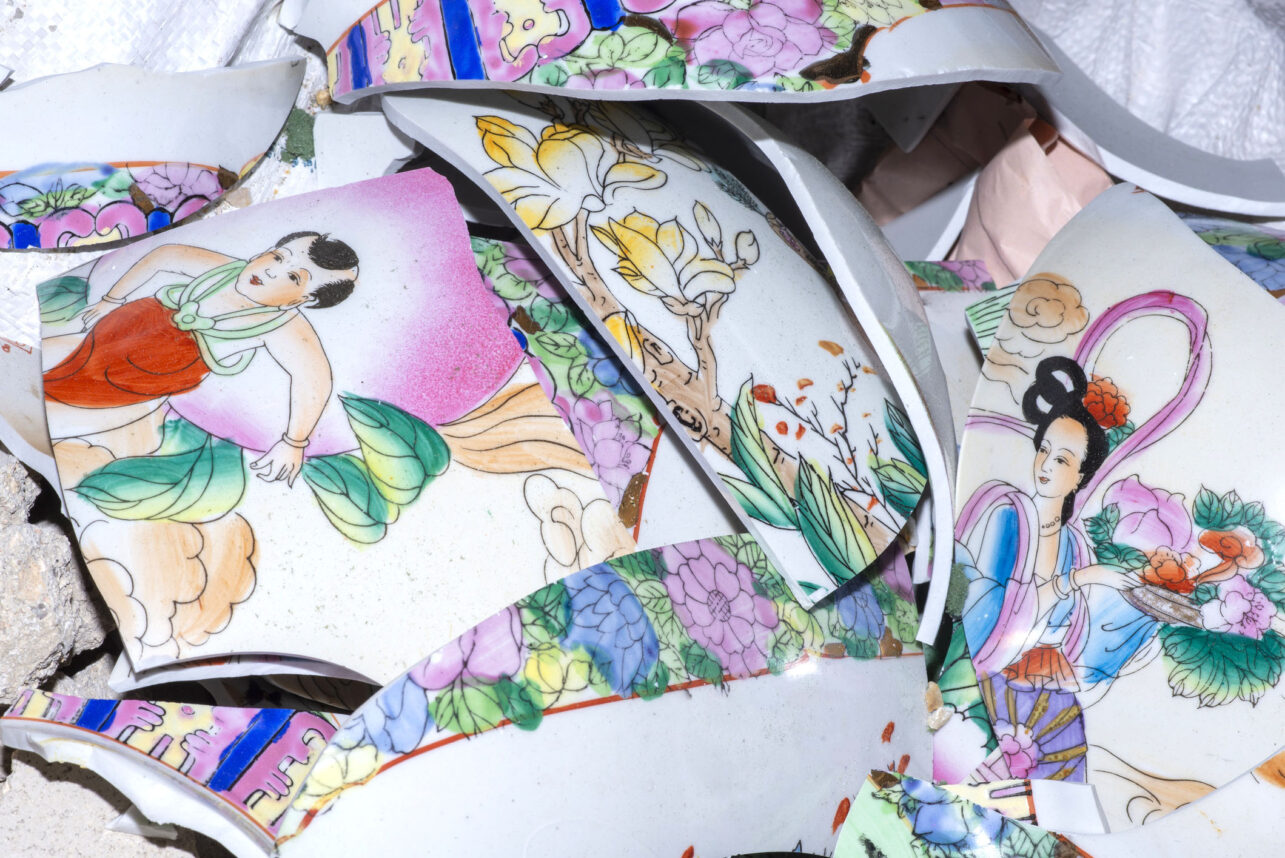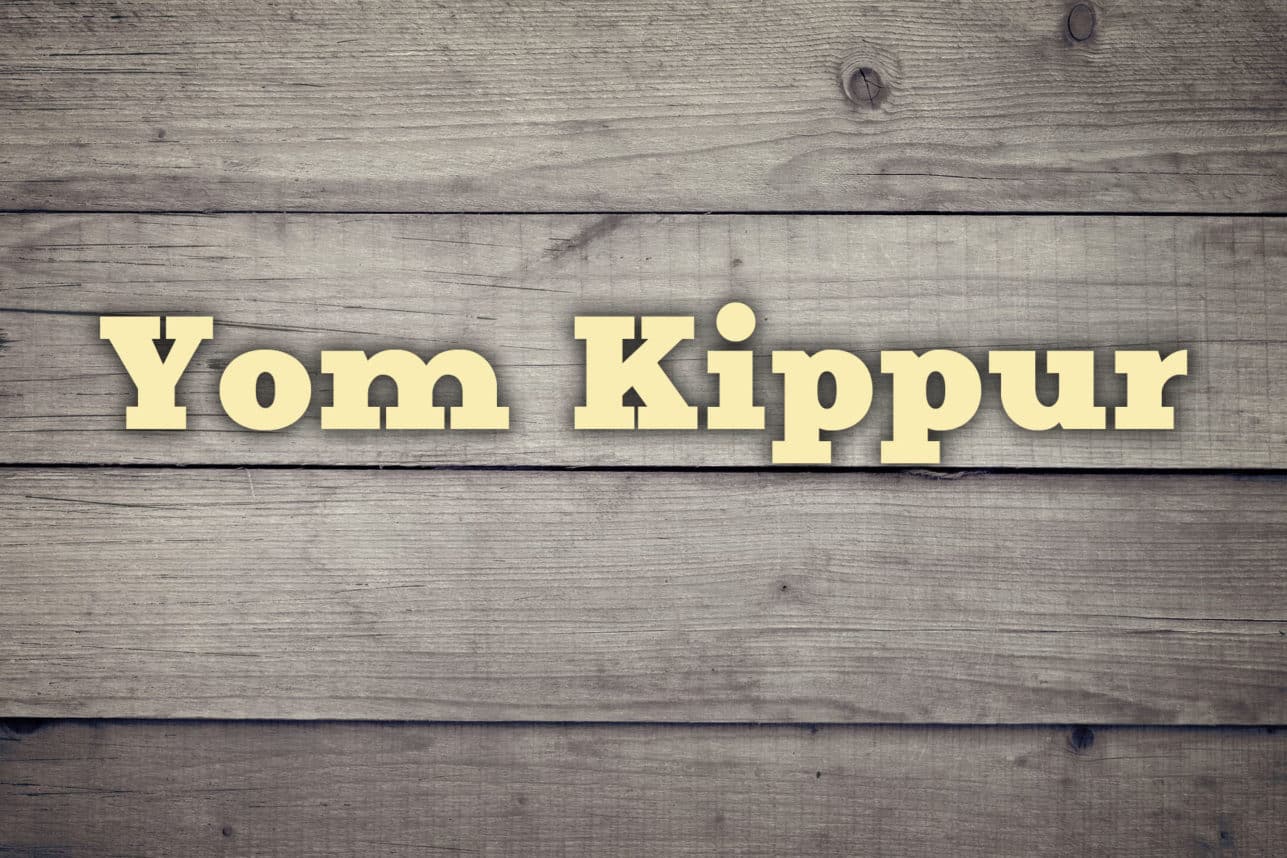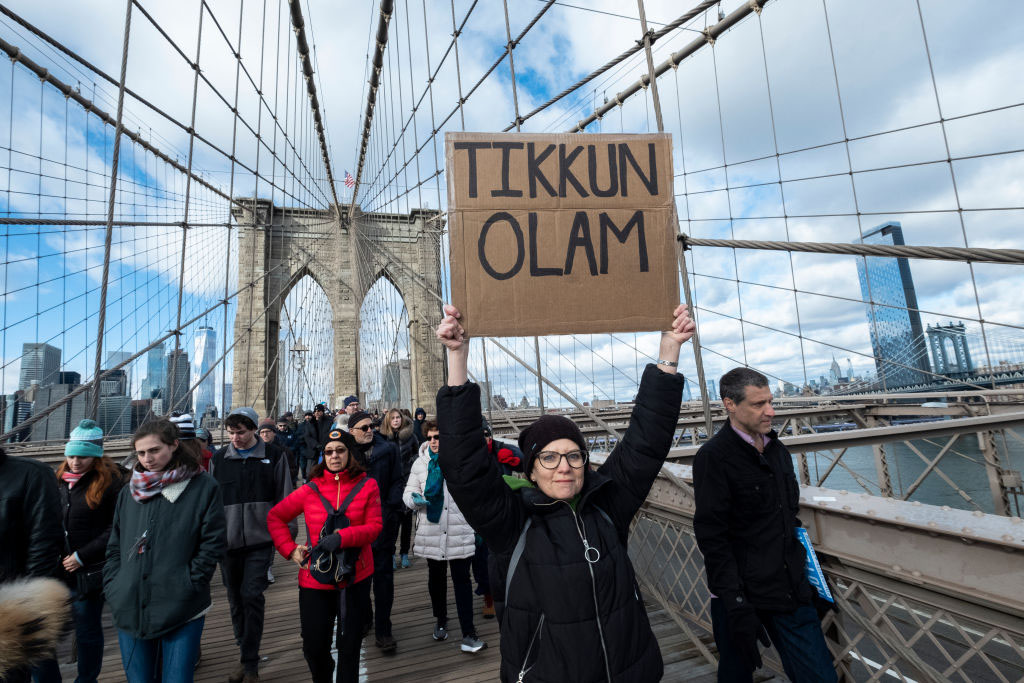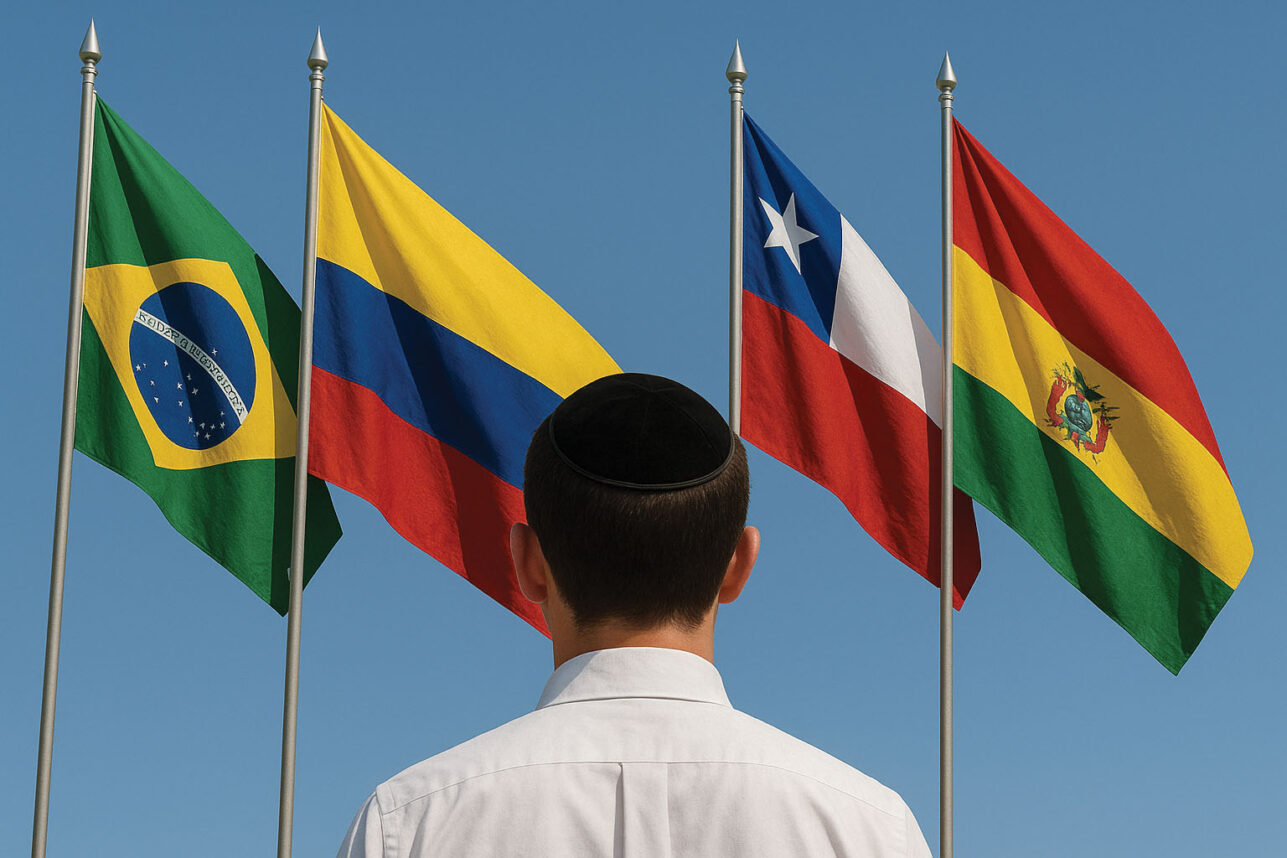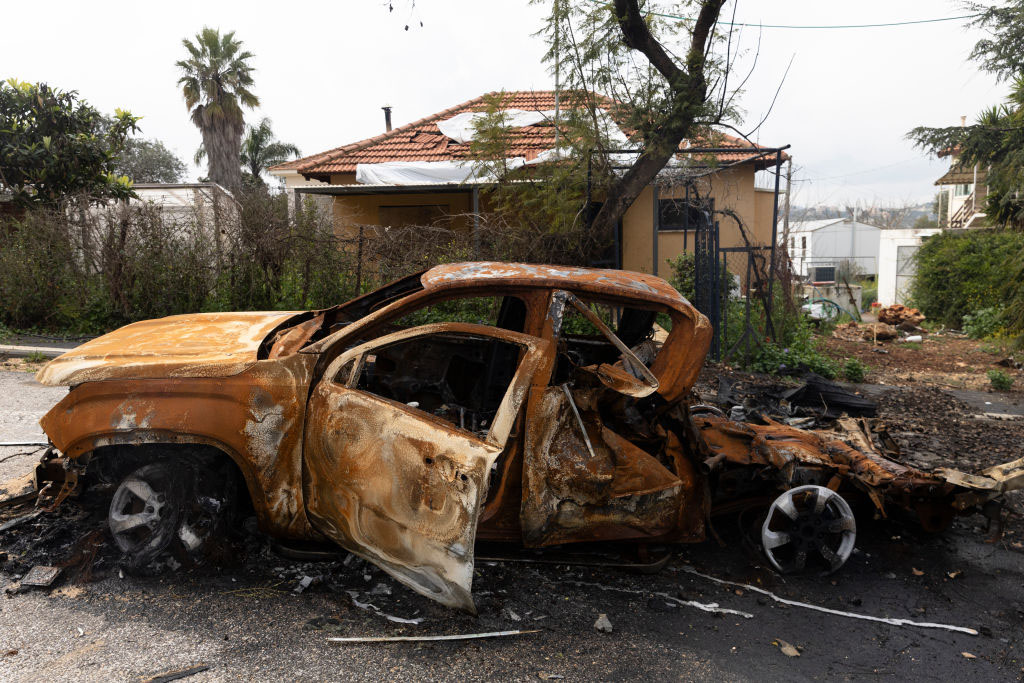
“Northerners feel that the country has abandoned them,” author and former Israeli ambassador Michael Oren writes on his Substack. “Their plight barely makes the news. They have no indication of when, if at all, the fighting will end or how Hezbollah will be forced to retreat from the border. IDF commanders in the region estimate that as many as 40% of its previous population is unlikely ever to return.”
The tragedy of the north is the dark secret of post-Oct. 7 life in Israel. The massacres of Oct. 7, which occurred in the south, were so horrific and traumatizing they have sucked up most the emotional energy of an exhausted nation. The continued plight of the hostages has only intensified the focus on Hamas and the war in Gaza.
It’s understandable, then, if the north is getting second billing. But Oren is here to blow the shofar of alarm.
“For nine straight months, beginning on October 10, Hezbollah has been pummeling the north. Thousands of rockets, exploding drones, and anti-tank missiles have been fired at border villages and at cities as far south as Tiberias,” he writes. “Some 80,000 Israelis have been displaced or, more accurately, uprooted, torn from their workplaces, their schools, and communities. Levels of family violence, substance abuse, and divorce have soared.”
Walk through hotel lobbies throughout Israel and you’ll see many of these refugees. They’re usually the groups with lots of kids.
“We call them tenants,” the concierge at a Tel Aviv hotel told me when I asked him if families wandering through the lobby were refugees.
These “tenants” are the face of a country in crisis, a country feeling threatened on multiple fronts and slowly eroding its mystique of security.
“Israel is losing the north, but the loss will not be of land alone,” Oren warns. “Endangered, too, is the state’s commitment to defend all our citizens irrespective of their place of residence, to preserve our precious human and natural resources, and to deter our enemies.”
Israel has inflicted serious damage on Hezbollah, including the targeted killings of senior commanders. But because its army is stretched so thin at the moment, it would rather avoid an all-out war in the north, which might drag in Iran and other terror proxies. Such threatening outcomes can still be averted, Oren writes, given that Hezbollah chief Hassan Nasrallah has said he will accept a ceasefire if Hamas does. “Israel must exhaust all diplomatic and military means to pressure Hamas to accept the hostage-for-ceasefire deal currently on the table,” he says.
It’s all very messy, very complicated, and very dangerous. There are no ready-made solutions. It’s not Israel’s fault that it is surrounded by hostile forces sworn to its destruction that are now bolder than ever.
This is a time, in other words, for maximum wisdom and leadership. But experts I’ve spoken to from across the political spectrum have shared the same refrain: There is a huge gap between the level of the challenges Israel is facing and the quality of its leadership.
That is an unfortunate reality, but at least in democracies, leaderships eventually change.
In any case, despair and pessimism are luxuries Israelis can ill afford. Resilience is the Israeli oxygen. So the population soldiers on, doing its share on the ground, volunteering to help refugees, assisting the troops, demonstrating for the hostages, living their everyday lives and never losing their dreams and aspirations.
Indeed, as crucial as security is, that alone won’t be enough. Post-war, Oren writes about the north, “Israel must mount a national campaign to develop and reinvigorate the area. In partnership with Diaspora Jewry, the state must build industrial and high-tech parks, enhance tourist sites, and construct the schools, hospitals, and transportation systems capable of serving hundreds of thousands of new northerners.”
Even in the midst of collective trauma, Oren can envision rays of light.
“How do you live with the constant threat of violence and war?” the late Chief Rabbi Jonathan Sacks asked. “That takes faith. Israel is the people that has always been sustained by faith, faith in God, in the future, in life itself.”
That faith in life, despite how bad things may get in the north or the south, may well be the secret weapon that enables Israelis to prevail.
Shabbat shalom.


















